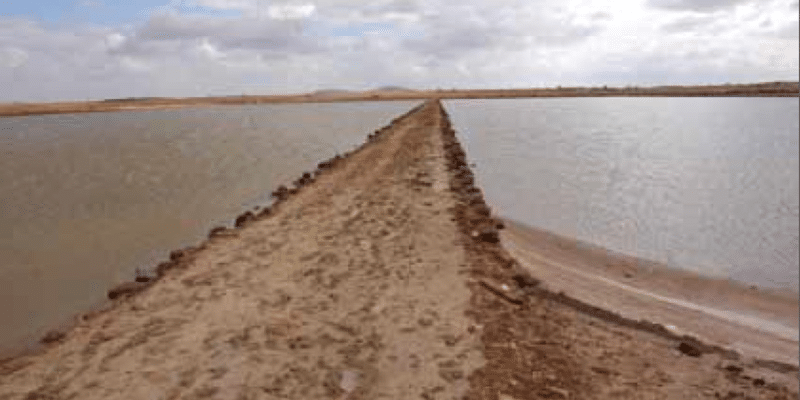In Morocco, the Sebkha Zima lake will soon be a tool for promoting ecotourism, thanks to studies under way to enhance its value.
Over the coming months, Morocco will be enhancing the protection and attractiveness of the Sebkha Zima wetland, located between the cities of Safi and Marrakech. The three-stage project involves devising a strategy to safeguard and enhance Sebkha Zima, and drawing up urban and development plans for this Site of Biological and Ecological Interest (SBEI). The project is part of the Moroccan Protected Areas Master Plan, launched in 1996 by the Moroccan authorities.
The lake, which covers 760 hectares at an altitude of 365 metres, is threatened by urbanisation, the intensification of agriculture, forestry production, drainage, water abstraction and the extraction of materials. All of these problems are common to all wetlands and threaten the rich vegetation of Sebkha Zima, which is essentially made up of halophilic species (adapted to salty environments). This hinders the development of ecotourism.
Under normal circumstances, plants such as glasswort and mangrove would be found there. Studies led by the Moroccan Ministry of the Interior should lead to the preservation of this floral potential, notably through the creation of a cultural museum, the development of access routes to the lake, and the organisation of excursions with guides trained in the 14th and 15th Sustainable Development Goals (SDG14 and 15), which focus respectively on the protection of aquatic and terrestrial biodiversity.
Read also- MOROCCO: concern after the destruction of 780 hectares of forest in Maghraoua
This is neither the first nor the latest initiative by the Moroccan government to safeguard ecosystems. The municipality of Khénifra, 271 kilometres from Rabat, recently launched the “Observatory of Wetlands in the Atlas Cedars Biosphere Reserve” in conjunction with the Moroccan Association for Ecotourism and Nature Conservation. The aim is to combat logging, overgrazing and other human activities that are putting pressure on the water resources of the reserve, which comprises the Ifrane, Khénifra and Haut Atlas Oriental national parks.
Benoit-Ivan Wansi







